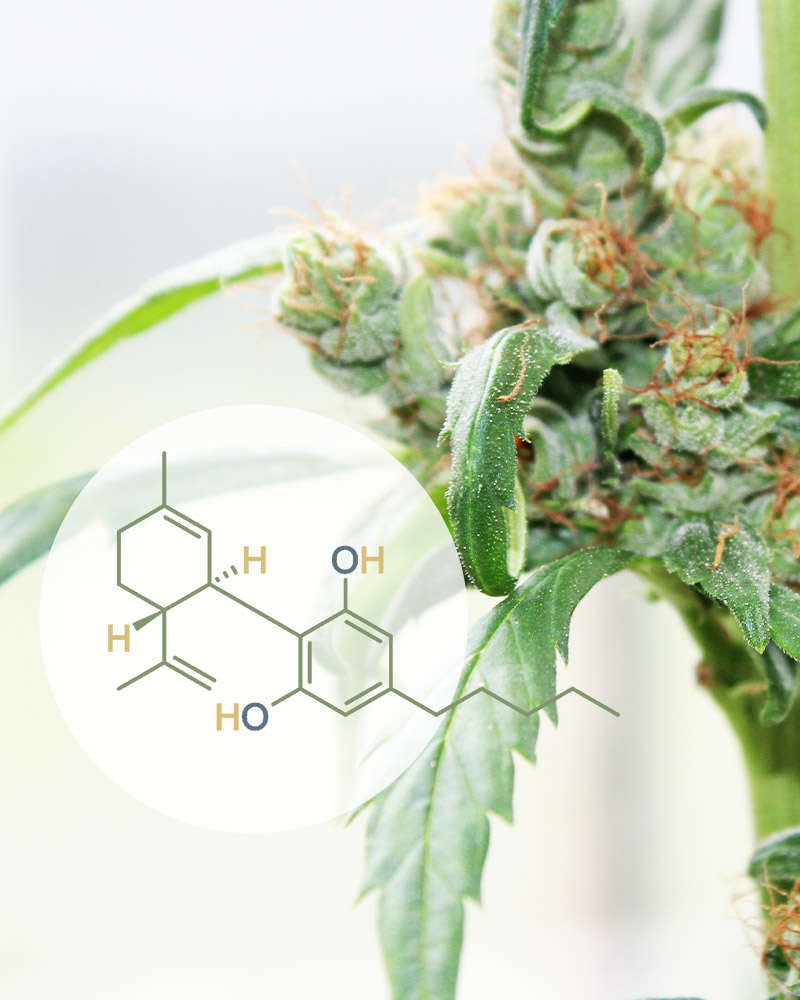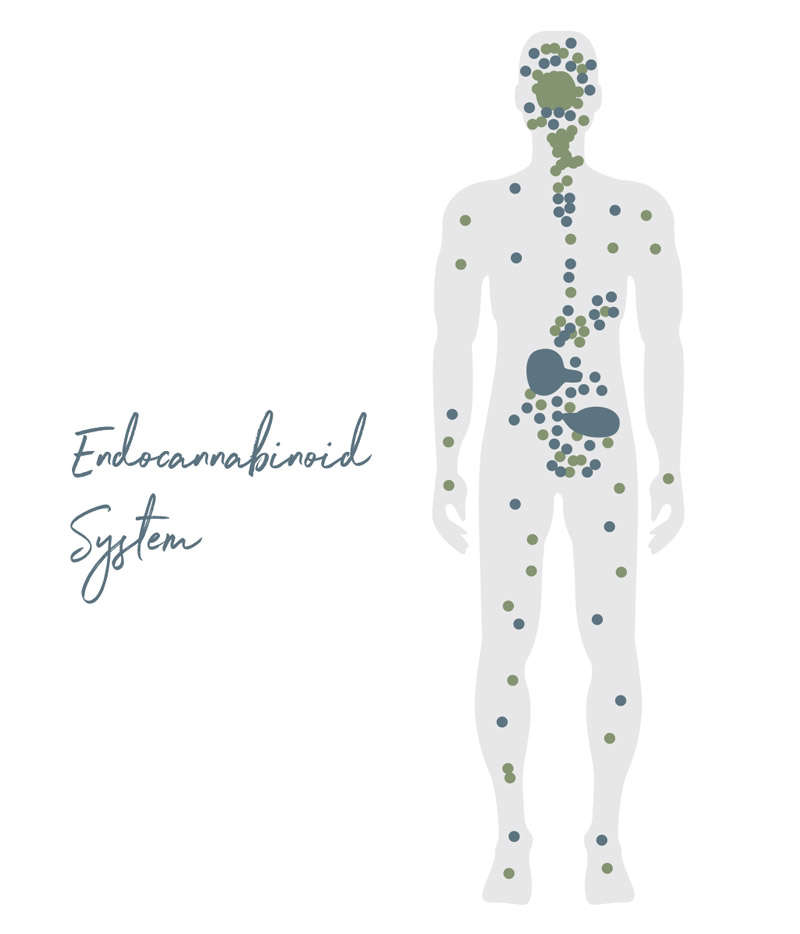One of the main ways CBD and THC impact us is by mimicking and augmenting the effects of the compounds in our bodies called “endogenous cannabinoids” - so named because of their similarity to the compounds found in the cannabis plant. These “endocannabinoids” are part of regulatory system called the “endocannabinoid system”.
The endocannabinoid system plays a crucial role in regulating a broad range of physiological processes that affect our everyday experience – our mood, our energy level, our intestinal fortitude, immune activity, blood pressure, bone density, glucose metabolism, how we experience pain, stress, hunger, and more.
What are consequences of a chronically deficient or overactive endocannabinoid system? In a word, disease.
Science has shown that the endocannabinoid system is dysregulated in nearly all pathological conditions. Pal Pacher and George Kunos, scientists with the NIH, suggest, "By modulating the endocannabinoid system and enhancing endocannabinoid tone, CBD and THC can slow – or in some cases stop – disease progression.”












